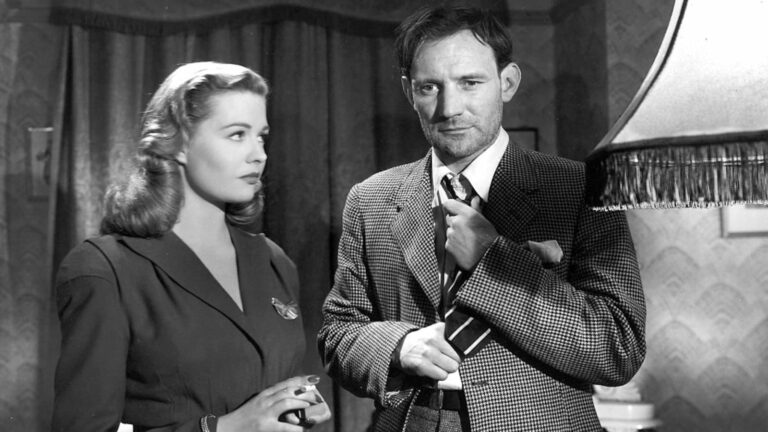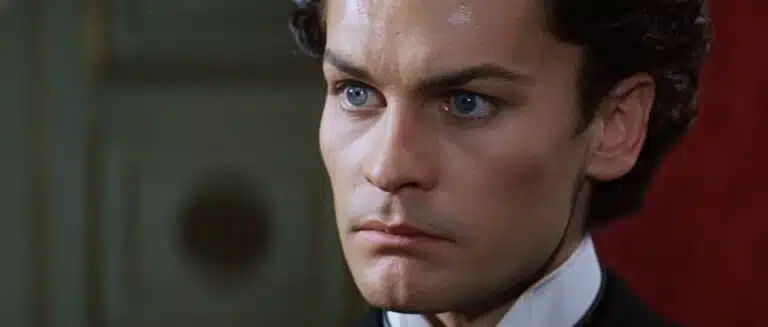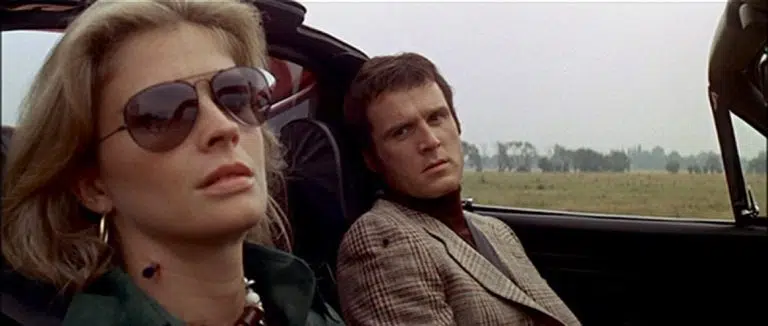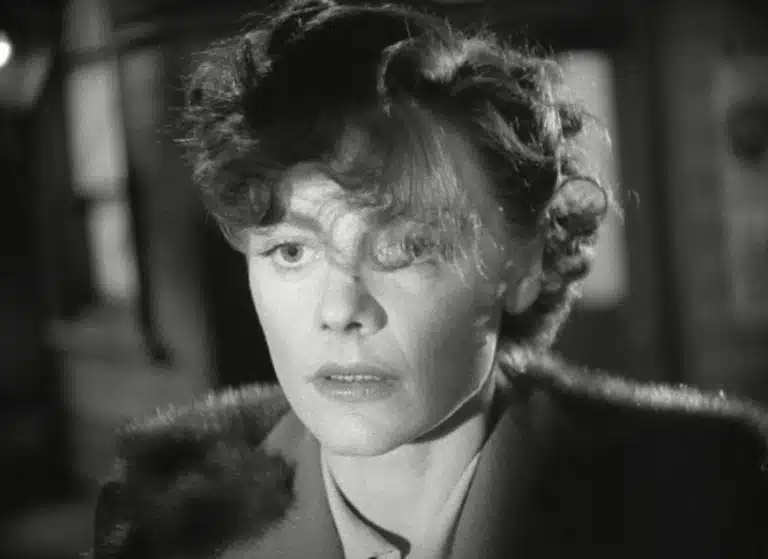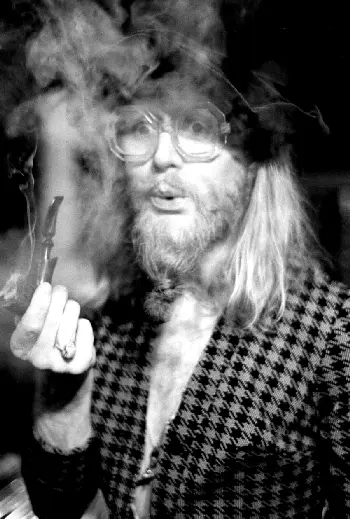They Made Me a Fugitive
Exactly why the 1947 crime drama They Made Me a Fugitive was renamed I Became a Criminal for its US release is something of a mystery. One is more passive, the other more active, yup, understood. But the original title is better, punchier and asks a question – who made who a criminal? Whereas the US title is kind of flappy – so you became a criminal, so what? The irony is that this British movie really wants to be an American one. It’s soaked in the stylings, characters and logic of film noir, with mean streets, a femme fatale and a slightly off-centre Mr Big at the centre of it. Though, this … Read more
